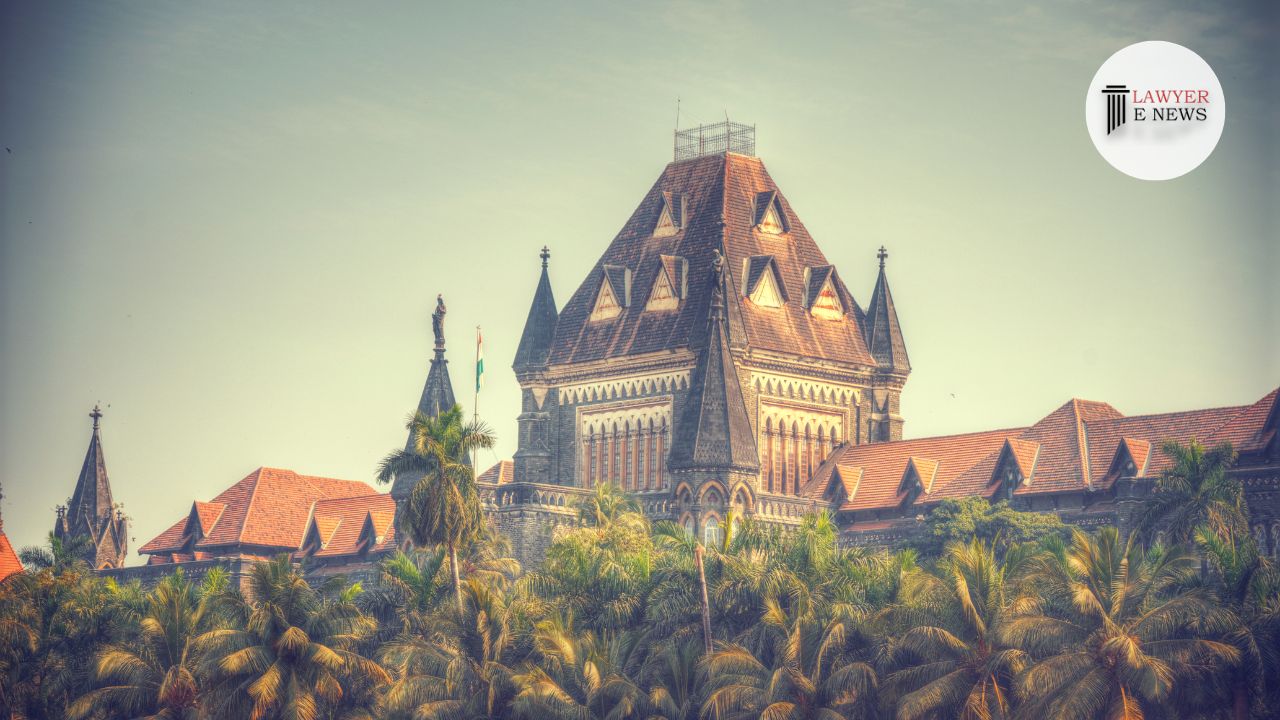-
by sayum
17 February 2026 5:39 AM



In a significant ruling, the Bombay High Court has set aside the Central Government Industrial Tribunal-II, Mumbai’s award, which had granted permanent status, backwages, and other benefits to the wards of employees of Air India Limited (AIL) employed through its subsidiaries. The High Court’s judgment, delivered by Justice Sandeep V. Marne, emphasized that there were “no vacancies for permanent appointments post-1997,” aligning with the memorandum issued by the Government of India.
The writ petition (No. 2007 of 2019) was filed by Air India Ltd., contesting the Tribunal’s decision that declared wards of AIL employees (engaged through subsidiary companies like AIATSL, AICL, AIASL) as permanent employees entitled to backwages and other benefits. The core of the dispute revolved around whether these individuals were directly employed by AIL and the impact of the recruitment freeze mandated by the Government Memorandum dated June 23, 1997.
Justice Marne critically analyzed the Tribunal’s findings, which had primarily hinged on the aspect of supervision and control exercised by AIL over the respondents. The High Court observed, “The Tribunal misdirected itself by going into the aspect of supervision and control for the purpose of answering whether appointments of Respondent Nos. 1 to 45 were made by AIL on compassionate basis.” The judgment underscored that compassionate appointments must be against sanctioned vacant posts, which were effectively abolished following the 1997 memorandum, leaving AIL with no vacancies for such appointments.
The High Court found substantial errors in the Tribunal’s conclusions, particularly in its approach to granting permanency and backwages. The judgment stated, “The Tribunal erred in granting permanency in AIL services to respondents without considering limitation and feasibility due to the recruitment freeze.”
In a turn of events, the High Court remanded the case back to the Tribunal, directing it to decide on the alternate prayer for permanency in the services of either AICL or AIASL, keeping all questions open.
Date of Decision: 24th January 2024
AIR INDIA LTD. VS HEMANGI PRABHU AND ORS.
